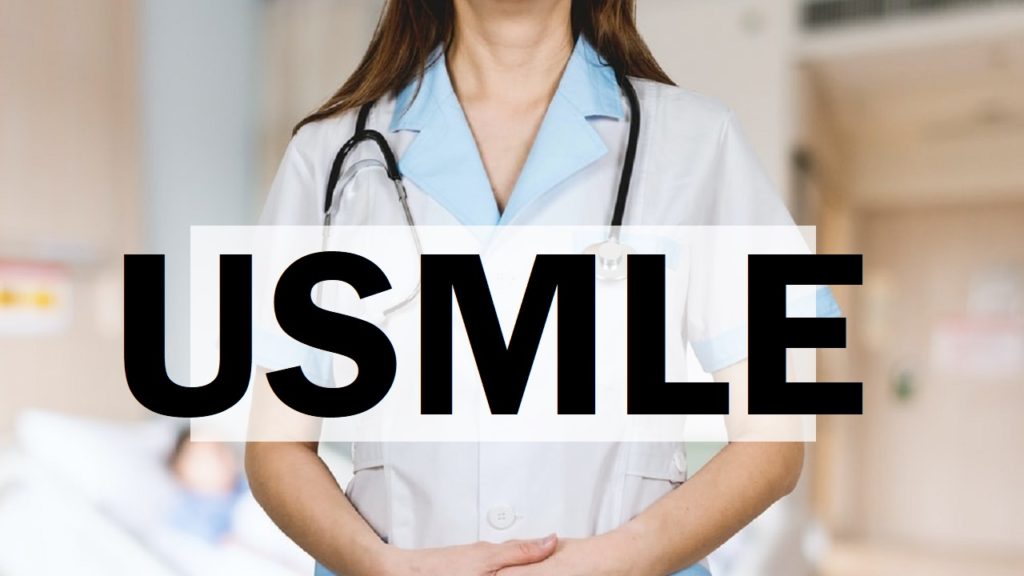I. Introduction
Preparing for the USMLE Step 1 can be daunting, but with the right resources and strategies, you can succeed. This guide aims to provide a comprehensive list of tools and tips to help you ace the exam.
II. Understanding USMLE Step 1
USMLE Step 1 tests your understanding of basic sciences, focusing on the principles and mechanisms underlying health, disease, and modes of therapy. It’s a critical exam, and your score can influence your residency applications. Common challenges include the vast amount of material and the high-stakes nature of the exam.
III. Creating a Study Plan
A well-structured study plan is essential. Most students spend 6-12 months preparing. Balance is key—make sure to allocate time for clinical rotations and personal commitments. Here’s a simple plan:
- Initial Review: Cover all subjects broadly.
- Intensive Study: Focus on weak areas.
- Final Review: Consolidate your knowledge and practice exams.
IV. Essential Study Materials
Review Books
- First Aid for the USMLE Step 1: The go-to guide, covering high-yield topics.
- Pathoma: Excellent for pathology.
- Rapid Review Pathology: Another solid resource for pathology.
Question Banks
- UWorld: Widely regarded as the best. Offers detailed explanations.
- Kaplan Qbank: Good for additional practice.
- BoardVitals: Offers a wide range of questions.
Flashcards
- Anki: Customizable and effective for memorization.
- Brosencephalon: Pre-made decks focusing on high-yield information.
V. Online Resources and Platforms
Interactive Learning Tools
- SketchyMedical: Uses visual mnemonics to make learning easier.
- Picmonic: Combines pictures and mnemonics.
- Osmosis: Integrates videos, flashcards, and questions.
Video Lectures
- Kaplan: Comprehensive lecture series.
- Boards and Beyond: Great for in-depth understanding.
- Lecturio: Offers extensive video content.
Mobile Apps
- USMLE-Rx: Complements First Aid.
- AMBOSS: Includes a vast library and question bank.
- Firecracker: Helps with spaced repetition.
VI. Practice Exams and Assessment Tools
- NBME Practice Exams: Simulate the real exam experience.
- UWorld Self-Assessments: Excellent for gauging your readiness.
- Free 120 from the USMLE website: A free set of practice questions.
VII. Study Strategies
Active Learning Techniques
- Summarize information in your own words.
- Teach back what you’ve learned.
Integrating Resources
- Use multiple resources to cover topics from different angles.
Time Management
- Stick to your study schedule.
- Break study sessions into manageable chunks.
Review and Repetition
- Regularly review old material.
- Use spaced repetition to enhance retention.
Self-Care
- Take regular breaks.
- Ensure you get enough sleep and exercise.
VIII. Support Systems
Study Groups
- Share knowledge and quiz each other.
Mentors
- Seek advice from those who’ve already passed the exam.
Online Communities
- Join forums like Reddit or Student Doctor Network for tips and support.
IX. Test Day Preparation
What to Bring
- ID, snacks, water, and comfort items.
Test Day Tips
- Arrive early.
- Stay calm and focused.
Managing Anxiety
- Practice relaxation techniques.
- Trust your preparation.

